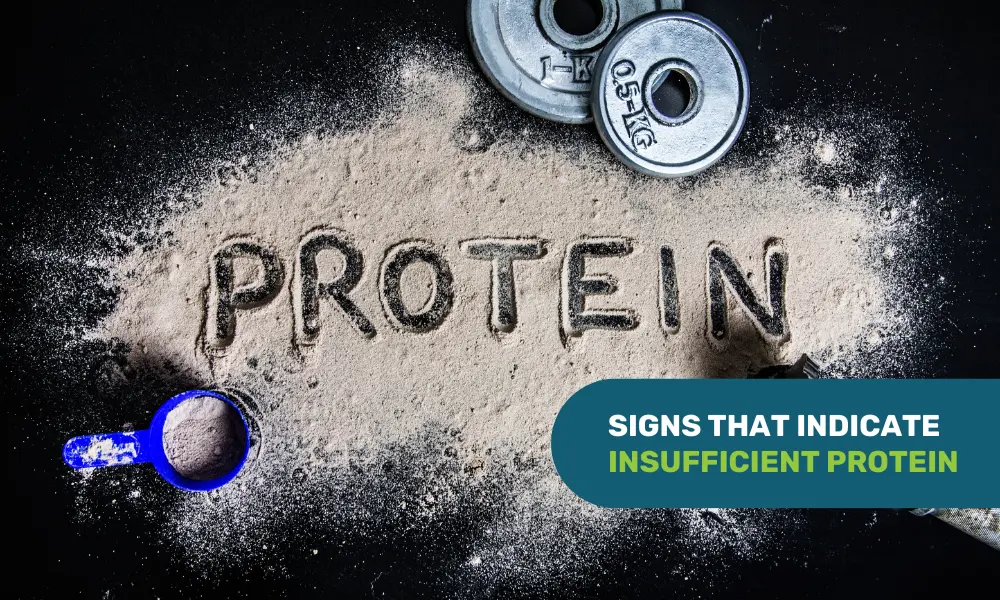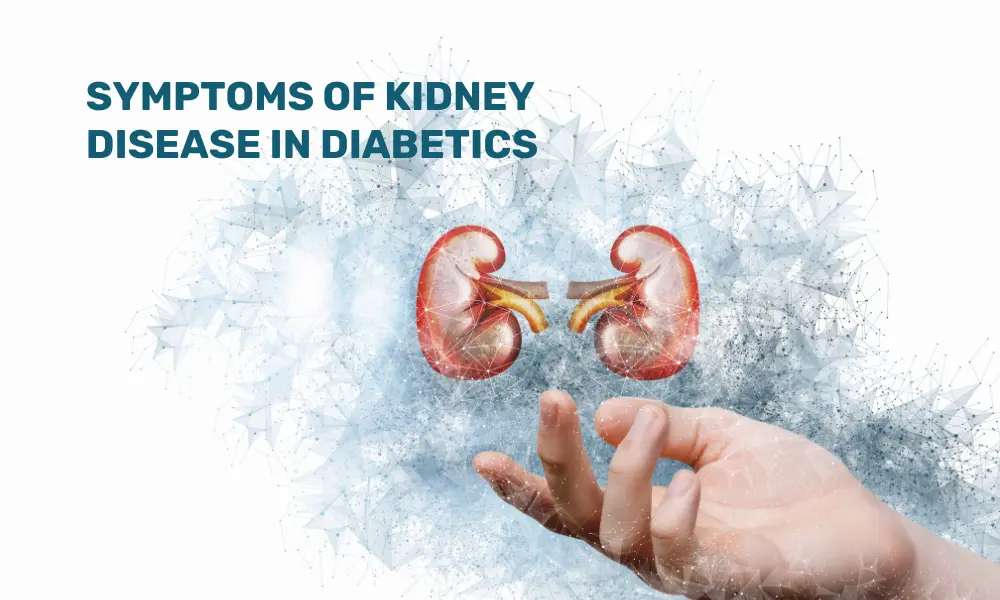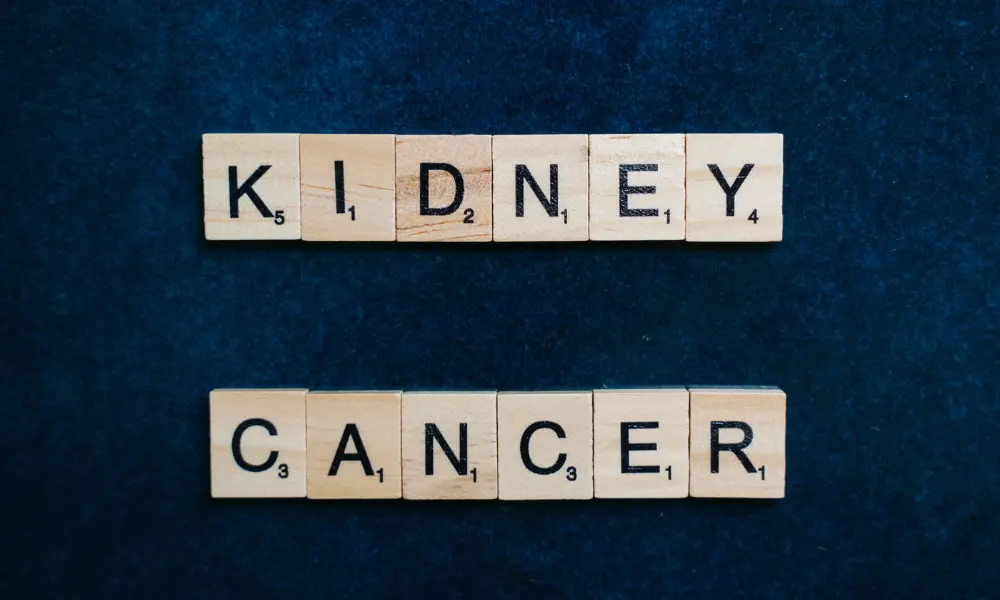Proteins are the building blocks of our overall health. Every cell in the human body contains protein. The basic structure of a protein is a chain of amino acids. We need protein to help our body repair cells and make new ones. Protein is also essential for growth and development in children, teens, and pregnant women.
Protein is a vital nutrient required by our body to perform essential functions. It must be an integral part of our diet, as it performs below important function in our body:
-
Protein provides energy when carbohydrate and fat intake is inadequate.
-
They help build and repair muscles and bones and make hormones and enzymes.
-
Protein also helps make antibodies that fight infections and help keep cells healthy.
-
It helps in maintaining proper fluid and acid-base balance.
-
Aids in the transportation of nutrients throughout our body.
-
Enable healing of wounds and tissue regeneration.
It is crucial to have enough protein levels. Here are signs that may indicate insufficient protein in our body.
1. Swelling: One of the most common signs of insufficient protein is swelling, especially in our abdomen, legs, feet, and hands. A possible explanation is that the proteins circulating in our blood, mainly albumin, help keep fluid from building up in our tissues.
2. Weakness and Fatigue: Not getting enough protein, even for a week, can affect the muscles responsible for movement and posture. Lack of Protein can cause muscle loss and reduce the rate of our metabolism.
3. Mood Changes: Our brain uses neurotransmitters to transmit information between cells. These neurotransmitters comprise amino acids, so lacking protein in our diet means the body can’t make enough neurotransmitters. This would change the way how our brain works and cause mood changes.
4. Staying Sick: Amino acids in our blood help our immune system make antibodies that activate white blood cells to fight off viruses, bacteria, and toxins. We need protein to digest and absorb other nutrients that keep us healthy. Protein can even change the levels of disease-fighting good bacteria in our gut.
5. Hunger: A lack of protein can cause excessive hunger. It is a nutrient that promotes fullness and satiety. When we consume lesser amounts of protein in our diet, we may feel hungrier. Eating foods rich in protein helps us feel fuller throughout the day.
Food Sources
The protein in food is broken down into parts called amino acids during digestion. The human body needs several large amounts of amino acids to maintain good health.
Amino acids are found in animal sources such as meats, milk, fish, and eggs. They are also found in plant sources such as soy, beans, legumes, nut butter, and some grains (such as wheat germ and quinoa). Amino acids are classified into three groups:
-
Essential
-
Non-essential
-
Conditional
The body cannot make essential amino acids and must be supplied by food. They do not need to be included in every meal. The balance over the whole day is more important.
The body makes non-essential amino acids from essential amino acids or in the normal breakdown of proteins.
Our body requires conditional amino acids in times of illness and stress.
Protein plays a crucial role in our overall health; therefore, we must ensure sufficient protein intake. To get a customized diet as per your body’s requirements, CLICK HERE.





